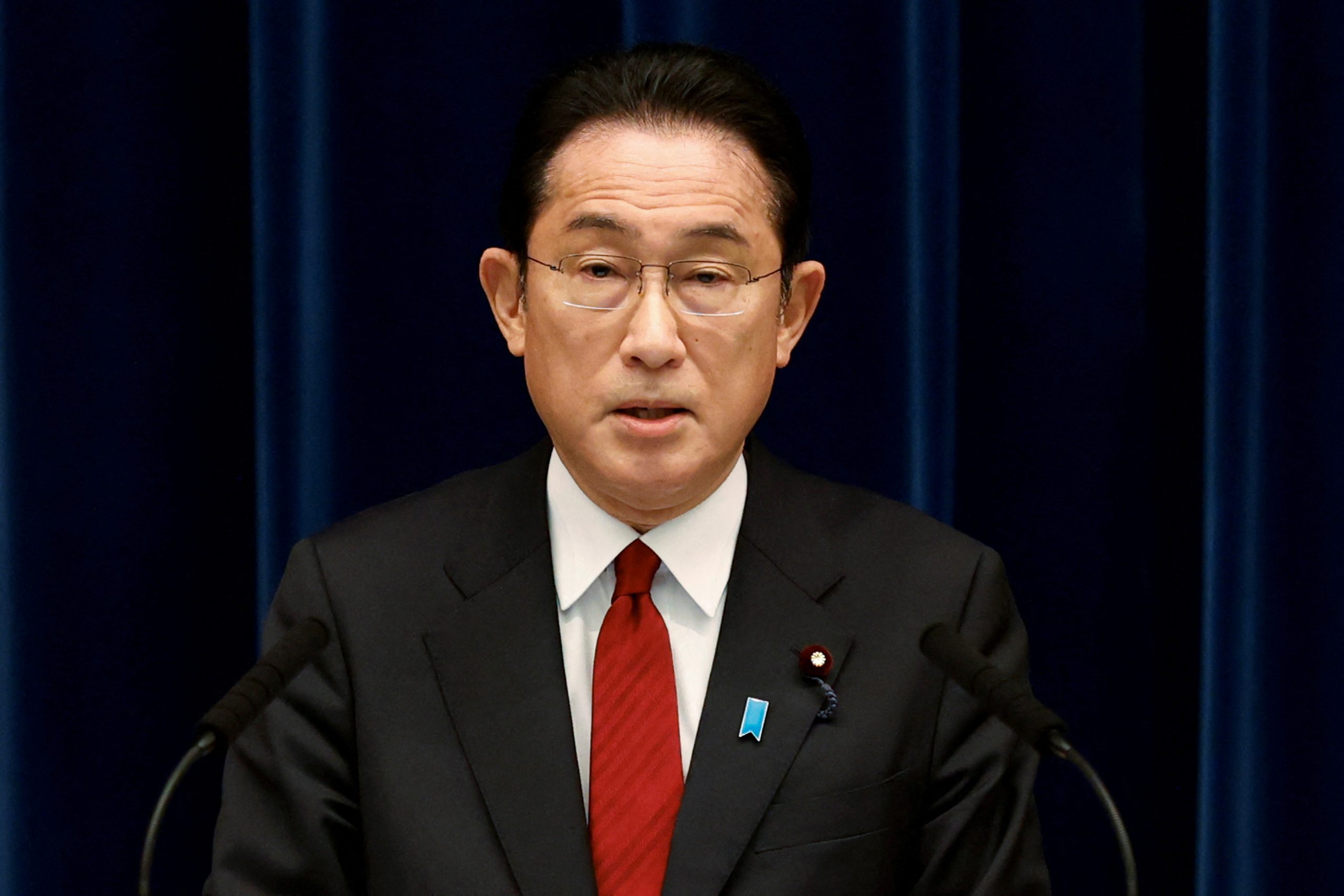On August 31, Japanese Prime Minister Fumio Kishida expressed Japan’s strong protest to North Korea’s actions as they launched two ballistic missiles on the night of August 30. The missile firing “jeopardize peace and stability of the international community, and is absolutely unacceptable,” he told reporters.
“Since the start of this year, North Korea has been frequently and repeatedly launching missiles. These actions are a threat to peace and stability not only for our country, but to the region and the international community, it’s absolutely unacceptable,” PM Kishida said.
According to state media, North Korea engaged in a simulated “scorched-earth” nuclear attack exercise targeting various locations in South Korea. This was reportedly in response to joint military exercises by South Korea and the United States, which North Korea interpreted as preparations for a preemptive nuclear strike by the U.S.
In a parallel development, North Korea fired short-range ballistic missiles into the sea shortly after the U.S. had deployed B-1B bombers for joint aerial drills with South Korea. This missile launch occurred a day before the conclusion of 11 days of combined military exercises between South Korea and the U.S. These exercises have been criticized by Pyongyang for being perceived as rehearsals for a potential war situation.
Japan’s defence ministry also stated that they detected the launch of a presumed ballistic missile, with Japanese media reporting two missiles fired. These missiles reportedly landed beyond Japan’s exclusive economic zone (EEZ).
White House Press Secretary Karine Jean-Pierre said on August 30 that the U.S. condemns North Korea’s latest ballistic missile launch as it violates “multiple United Nations Security Council resolutions.”
On Wednesday, South Korea’s military confirmed the launch of a minimum of two short-range ballistic missiles by North Korea into the sea. It’s important to note that United Nations Security Council resolutions have prohibited North Korea from developing ballistic missiles, with the country facing substantial sanctions due to its nuclear capabilities.














